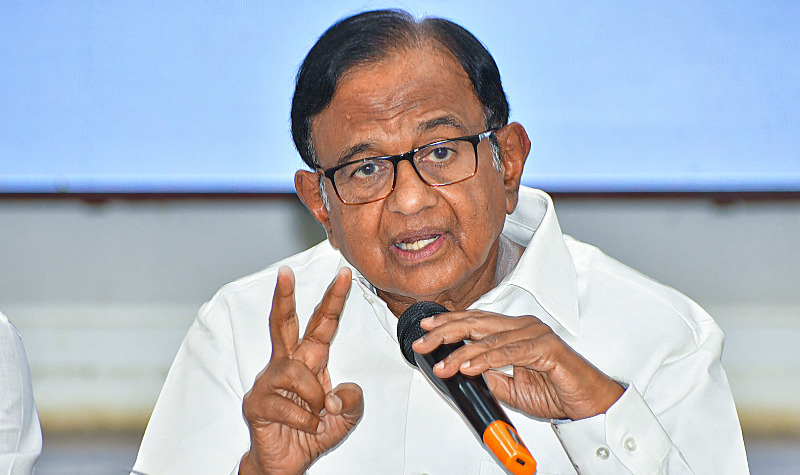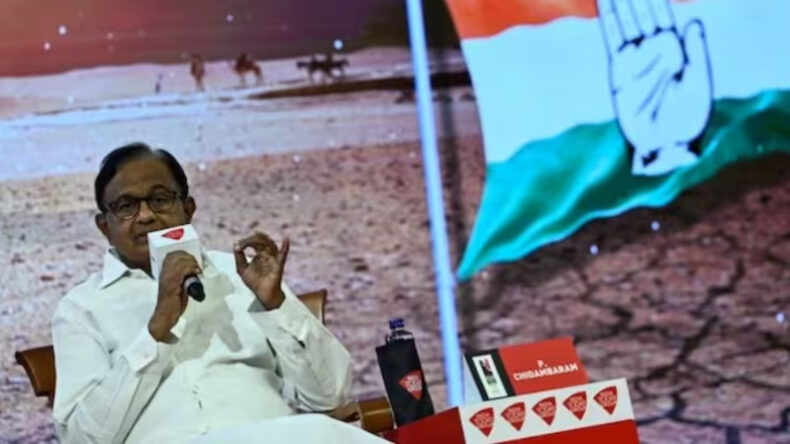Chidambaram, a well-known opposition leader criticises the government’s proposal
In a heated response to the Prime Minister’s recent campaign for a Uniform Civil Code (UCC) in India, leading opposition leader and former Union Minister P. Chidambaram have disputed the government’s stance, emphasizing the importance of variety within Indian society. During a press conference earlier today, the senior lawmaker issued a harsh reaction, claiming that even families have inherent diversity that must be acknowledged. Chidambaram’s remarks have exacerbated the continuing debate about the UCC, which has been a source of contention for many years.
Chidambaram Challenges the Government’s Stand
During a press conference in New Delhi, prominent opposition leader P. Chidambaram, known for his outspoken and powerful ideas, expressed his worries over the planned Uniform Civil Code. He criticized the government’s approach claiming that it ignores India’s numerous cultural, religious, and regional identities. Chidambaram contended that the country’s strength lay in its capacity to welcome and celebrate difference and that enforcing a consistent set of regulations would erode India’s spirit of pluralism.
Recognizing Diversity Within Families
Chidambaram made a parallel between the planned UCC and the many dynamics witnessed within families in his speech. He emphasized that even within the tightest of relationships, families are made up of people who have different perspectives, beliefs, and practices. This diversity creates good conversations, and mutual respect, and builds the fabric of familial connections. Chidambaram emphasized that a similar idea should be applied to society as a whole, recognizing the significance of enabling different personal laws to coexist.

Potential Consequences for Minority Rights
Chidambaram also expressed reservations about the impact of a Uniform Civil Code on minority rights. He contended that, if applied without adequate deliberation, such a code could disproportionately damage minority communities, infringing on their constitutionally granted rights. The opposition leader urged the government to participate in meaningful consultations with all stakeholders to ensure that the UCC if pursued, protects the interests and rights of all citizens.
The Current Debate
The question of a Uniform Civil Code has long been a source of dispute in India. Proponents claim that it would promote gender equality, streamline legal processes, and eradicate religious prejudice. Opponents, such as Chidambaram, argue that a UCC would destroy the distinct cultural identities and customs of various communities, potentially leading to minority marginalization.
The Government’s Response
The administration has stated that enacting a Uniform Civil Code would be a step forward toward national integration and equality. In reaction to Chidambaram’s comments, ruling party officials reaffirmed their commitment to addressing concerns and ensuring that any proposed law adheres to the principles of justice and inclusivity.
The Way Forward
As the debate over the Uniform Civil Code heats up, it’s clear that a fine line must be drawn between recognizing varied cultural practices and upholding the principles of equality and justice. Meaningful discourse, thorough consultations, and a holistic knowledge of the ramifications are required to develop a comprehensive and inclusive framework that accommodates Indian society’s vast diversity.












